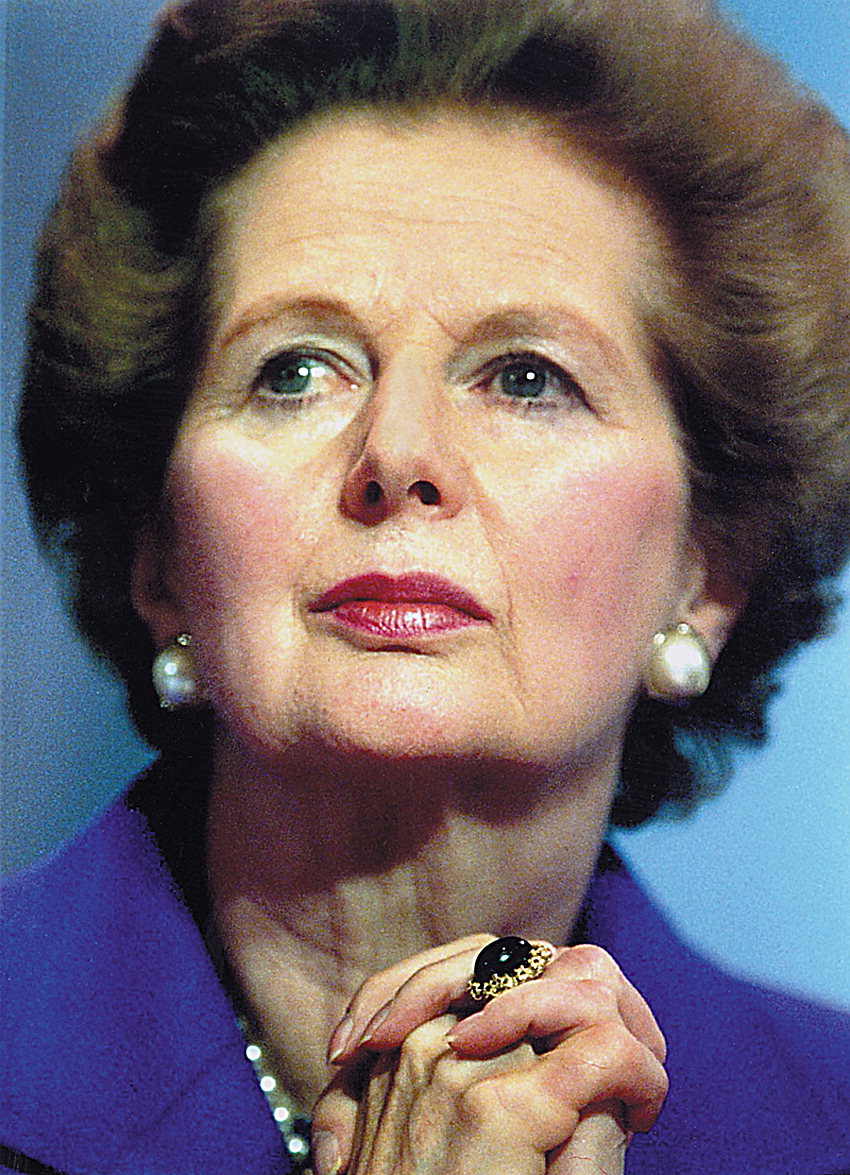 Hero or villain? Both descriptions have been applied with vehemence to the late British Prime Minister Margaret Thatcher. Barron’s editorial page editor Thomas Donlan examines Thatcher’s critical role in his latest column.
Hero or villain? Both descriptions have been applied with vehemence to the late British Prime Minister Margaret Thatcher. Barron’s editorial page editor Thomas Donlan examines Thatcher’s critical role in his latest column.
Before Margaret Thatcher pushed her way into 10 Downing Street, the United Kingdom had two major political parties, both engaged in the country’s longstanding class war. The Labour Party courted and served the lower class, the people who worked with their muscles. The Conservative Party represented the interests of the upper class, the people whose inheritances allowed them not to work.
After Margaret Thatcher finished reorganizing the politics of her country, both major parties more closely represented and courted the middle class, the people who work with their brains to make money. …
… Merchants like Thatcher’s father and small manufacturers like her husband found themselves represented at last. Financiers also prospered after Thatcher’s government pushed through the Big Bang, deregulating an ossified banking sector and making the City of London a leader in finance. And for the first time, new wealth conferred status.
The fourth British class, which consists of intellectuals and chatterers working with their minds to tell people what to think and do, generally failed to understand what Thatcher was about, and most despised her out of the depths of their ignorance. Even at her death last week, more than 20 years after she left the political stage, she was vilified in columns, editorials, and blogs. …
… Before Thatcher, British governments of both parties admired central planning and central power. They made investments with public money to create jobs and promote growth. Neither the party politicians nor the ever-present civil service understood that government-managed investment would never create new wealth.
This lesson may be Margaret Thatcher’s most important legacy, but it’s being forgotten on both sides of the Atlantic.


